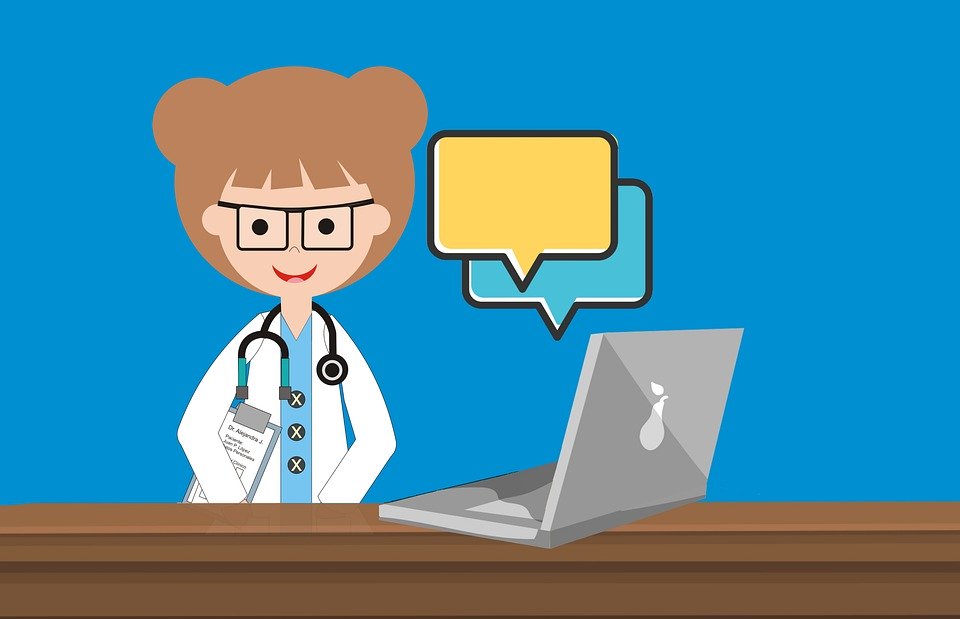
It is no secret that technology has impacted virtually every aspect of our lives, including our health. Today, experts like Ansumana Wally in Jersey City, NJ, say healthcare providers are using technology to diagnose diseases, develop treatments, and improve patient care. In the past decade technology has revolutionized the way we approach health sciences in the past decade. Here's a look at some of the ways that technology is impacting health sciences today.
Data Collection and Analysis
One of the most important ways that technology is impacting health sciences is through data collection and analysis. With advances in medical imaging technologies such as X-rays, MRI scans, and CT scans, doctors have access to more detailed images of their patient’s bodies than ever before. This allows them to make accurate diagnoses quickly and efficiently. Additionally, with the advent of electronic health records (EHRs), physicians can easily store and retrieve patient information from one central location. This makes it much easier for them to track patients’ progress over time and make informed decisions about treatment options.
Telemedicine
Ansumana Wally says another way that technology is changing healthcare is through telemedicine. Telemedicine allows doctors to provide care remotely via video conferencing or telephone calls. This means that patients can receive timely medical advice without traveling long distances or waiting for an in-person appointment. It also allows doctors to reduce their workload by providing guidance and treatment remotely instead of scheduling face-to-face appointments with each patient.
Robots in Surgery
Technology has also had a significant impact on surgical procedures in recent years. Robots are now used in many types of surgery with excellent success rates. Robotic surgery has several advantages over traditional surgical methods, including increased precision and accuracy during surgeries and fewer complications after operations due to reduced levels of human error. Additionally, robotic surgery requires shorter incisions, resulting in less pain for the patient afterward due to reduced tissue damage caused by longer incisions made with traditional methods.
Medical Equipment Advancements
The most obvious example of how technology has changed the face of health sciences is medical equipment advancements. Modern hospitals are equipped with advanced machines and technologies to perform complex procedures faster and more efficiently than ever before. These include MRI scanners, X-ray machines, ECG monitors, CAT scanners, and many more. With these machines, doctors can better diagnose patients quickly and accurately, improving patient outcomes. Additionally, these advancements have allowed for earlier detection and treatment of diseases and enhanced safety protocols in operating rooms.
How To Stay Up To Date
Ansumana Wally says that as technology evolves, healthcare providers must stay updated with the latest test advancements to serve their patients best. This includes attending conferences and seminars on health sciences, reading the latest research papers, and keeping up to date with medical news. By staying informed of the latest developments in health sciences, healthcare providers can ensure that they are providing the best care for their patients.
Staying up to date with technological advancements in health sciences is essential for healthcare providers to provide the best care for their patients. Technology can make diagnosis and treatment more efficient, accurate, and cost-effective. By keeping up with the latest developments in health sciences, healthcare providers can ensure that they are well-equipped to give their patients the best possible care.
When To Seek Professional Help
It is important to note that technological advancements in health sciences should always be used with professional advice from a qualified healthcare provider. Technology can provide helpful information, but ultimately it is up to the doctor or nurse to interpret and evaluate this data and make educated decisions about the patient's care. Therefore, if you have any medical concerns, it is always best to seek professional help from a healthcare provider who can provide personalized advice and care.
A professional healthcare provider can also guide how to use technology in your life best. For example, if you are interested in using mobile health applications and wearable devices for tracking your health or managing chronic conditions, a healthcare provider can advise which apps or devices would be most beneficial for you. They can also help you understand the implications of sharing your data with third parties and how to secure your health information.
Final Thoughts
Ansumana Wally says technology continues to revolutionize how we approach health science today. From data collection and analysis tools like EHRs that allow doctors to track a patient’s progress over time accurately; telemedicine which makes it possible for doctors to provide care remotely; robots used in surgery that reduce human error while ensuring greater precision during operations, all these advancements have improved healthcare delivery dramatically in recent years – ultimately allowing us to live better, healthier lives. Ultimately, these advances will help us move towards a future where we can use technology even more effectively within healthcare systems around the world for improved diagnosis techniques, treatments, and management strategies – leading us closer to better overall health outcomes for everyone.